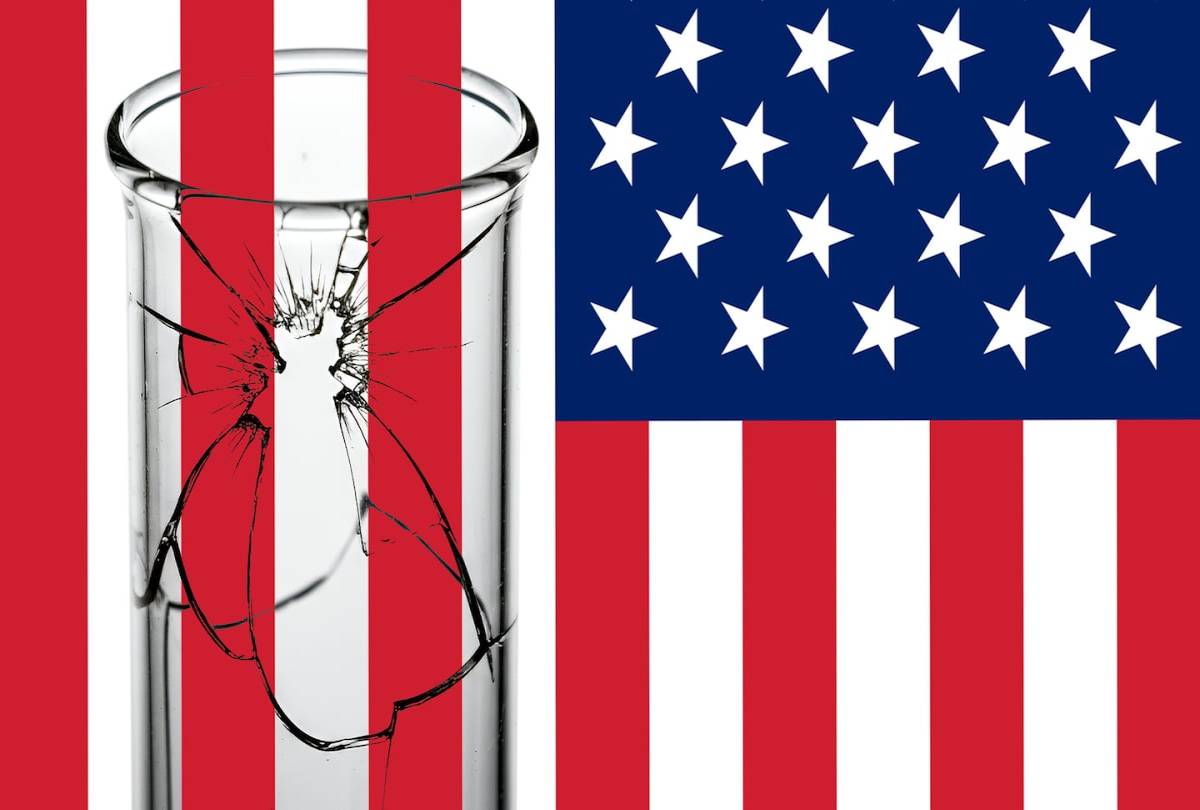3592 Views
Trump’s War on Science: How America’s Brain Drain is Boosting Global Competitors!
The relationship between political power and academic institutions in the United States has entered a highly fraught phase, marked by unprecedented ideological pressure from the Trump administration on the country’s leading universities. This confrontation goes beyond a routine political dispute; it signals a fundamental shift in how the American power structure views the role of higher education in society. Elite institutions such as Harvard, Yale, and MIT now find themselves at the center of a cultural and political storm. Once regarded as bastions of intellectual freedom and scientific innovation, these universities are under intense pressure to align with specific political agendas. The resulting tension has created a climate in which academic freedom—traditionally safeguarded by robust institutional boundaries—is facing new and profound threats.
A Multi-Front Assault on Universities
The Trump administration initiated a systematic and significant rollback of federal research funding, impacting key agencies that underpin scientific advancement. Since April, more than 1,600 National Science Foundation (NSF) grants—worth over $1.5 billion—have been terminated. Harvard alone lost $150 million in NSF funding, in addition to $3.3 billion in general grants and contracts that were canceled. The proposed budget cuts were sweeping: the National Institutes of Health (NIH) saw a 40% reduction, NSF faced a 55% cut, and NASA lost more than half its funding. The Environmental Protection Agency (EPA) also experienced major reductions in both funding and staffing.
The federal research cuts—which included $773 million from STEM education grants—had far-reaching consequences. Many projects were abruptly halted midstream, particularly in fields such as energy transition, cybersecurity, and climate science, leading to wasted taxpayer money and buried knowledge. Public universities and community colleges were hit especially hard, exacerbating existing inequalities. These systematic cuts, which disproportionately targeted areas like Diversity, Equity, and Inclusion (DEI) and climate research, revealed a clear ideological motive. This approach jeopardized the United States’ long-term competitiveness in science and technology.
Meanwhile, a March 2024 Nature poll revealed that 75% of American scientists were considering permanent emigration due to declining federal funding, political interference, and eroding intellectual freedom. This "brain drain" is being accelerated by new initiatives in countries such as Germany, Canada, Australia, and France, which offer American scientists competitive salaries, relocation benefits, and robust academic freedom.
The exodus of these scientists—especially early-career researchers—represents a loss of strategic intellectual capital and institutional knowledge for the U.S., directly benefiting rival nations. This trend threatens America’s capacity for medical and technological advancement and fundamentally undermines its long-standing leadership in global science and innovation. The effects of this brain drain will reverberate for decades, leaving a profound mark on American society.
The Weakening of Scientific Collaboration
The crisis has also severely undermined international scientific collaboration. Restrictions on admitting foreign students and researchers, coupled with cuts to international project funding, have eroded the U.S.’s position within global research networks. This growing isolation endangers decades of progress in fields that depend on global cooperation, from climate science to medical research.
The implications for U.S. scientific leadership are dire. Historically, American universities have served as global hubs of innovation—attracting top talent from around the world and producing groundbreaking research across disciplines. The politicization of these institutions poses a grave threat to this role and could lead to a long-term decline in U.S. scientific influence. The effects of this crisis extend beyond academia, jeopardizing the broader innovation ecosystem. Much of America’s technological dominance has relied on university-generated research. As the research environment in these institutions deteriorates, their ability to drive innovation and support technological development may diminish, calling the nation’s global economic competitiveness into question.
Perhaps the most alarming consequence lies in the long-term impact on scientific culture itself. The pressure to align research with political objectives undermines the core principle of scientific inquiry: the pursuit of evidence-based truth over ideology. This shift could produce a generational transformation in how science is conducted and valued within American society, with deep implications for global scientific outcomes.
Legal and Constitutional Repercussions
The Trump administration’s actions have drawn numerous legal challenges from civil rights groups, citing violations of the First Amendment, civil rights protections, and federal immigration law. Some federal judges have temporarily blocked certain policies. Legal scholars have compared the administration’s use of immigration law to the 1798 Alien Enemies Act, seeing it as a tool to suppress dissent in peacetime.
The administration’s disregard for due process and civil rights in canceling grants and imposing mandates represents a blatant abuse of executive authority. The use of federal funding as a vehicle for ideological coercion directly challenges the separation of powers and the rule of law. These aggressive tactics and repeated constitutional violations point to a broader assault on academic freedom, free speech, and civil rights, posing a long-term threat to the foundations of the U.S. Constitution.
In conclusion, the Trump administration’s ideologically driven assault on American universities threatens to erode the nation’s scientific influence and global academic standing. By targeting institutions like Harvard, restricting intellectual diversity, encouraging elite emigration, and weakening scientific collaboration, these policies undermine the core of higher education. Moreover, the erosion of academic freedom could weaken constitutional protections and pose significant challenges to America’s democratic values—challenges the country may be ill-prepared to face.
*Translated by Ashraf Hemmati from the original Persian article written by Mohammad Esmaeilkhaniyan

Comment
Post a comment for this article